Iran's new President Masoud Pezeshkian, who was inaugurated on Tuesday in the presence of dignitaries from more than 80 countries, promised to continue to support Palestine and increase exchanges with other countries while boosting domestic development.
Peng Qinghua, special envoy of Chinese President Xi Jinping and vice-chairman of the Standing Committee of the National People's Congress, attended the inauguration ceremony held in the hall of the Iranian Parliament in Teheran.
Two presidents, 11 speakers of parliament, four deputy parliament speakers, four prime ministers, along with special envoys, ministers and deputy ministers were among the foreign guests who attended the ceremony, official news agency IRNA reported.
Exchanging views by phone with French President Emmanuel Macron on Monday, Pezeshkian discussed the revival of the Joint Comprehensive Plan of Action, a 2015 nuclear deal between Teheran and world powers, and the removal of sanctions, Xinhua News Agency reported.
The United States reimposed many sanctions against Iran after unilaterally withdrawing from the deal in 2018.
In the one-hour call, Pezeshkian expressed his readiness to improve ties with France based on honesty and mutual confidence building, said a statement issued by the president's office.
While meeting on Monday with Ziad al-Nakhalah, secretary-general of the Palestinian Islamic Jihad movement, Pezeshkian said, "Supporting the cause of the oppressed Palestinian nation will continue with strength and nothing can disrupt our will and resolve on this issue," IRNA reported.
In a message to Pezeshkian, United Nations Secretary-General Antonio Guterres said the UN eagerly waits for cooperation with the new government of the Islamic republic, IRNA reported.
Iran will also enhance exchanges with other countries, especially the Islamic ones, to create synergy among Islamic societies, Pezeshkian told guests.
Dina Yulianti Sulaeman, director of the Indonesia Center for Middle East Studies, told China Daily she is optimistic that Pezeshkian will maintain a firm stance on the Palestinian issue.
During his inauguration speech before Supreme Leader Ayatollah Ali Khamenei, the new president said he "will follow the path of the martyrs", which Sulaeman said can be interpreted as signaling Iran's resistance against the US and Israel.
Sulaeman said Pezeshkian will continue the late president Ebrahim Raisi's policy of enhancing trade and investment ties with regional countries, and leveraging regional organizations such as BRICS and Shanghai Cooperation Organization.
Nagapushpa Devendra, a West Asia analyst and research scholar at the University of Erfurt in Germany, said: "Regionally, the new president is likely to continue seeking strategic involvement ... (In) hindsight, there may be efforts to reduce regional tensions through diplomatic channels especially with Gulf countries like Saudi Arabia."
Domestically, Pezeshkian may focus on mitigating the effect of sanctions, especially those imposed by the US, Devendra said.
"Since Pezeshkian is a reformist, there is definitely some expectation in terms of introducing some incremental changes to improve freedom of expression and political participation," he said.








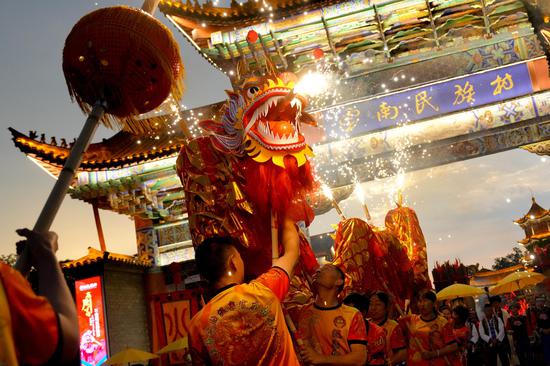
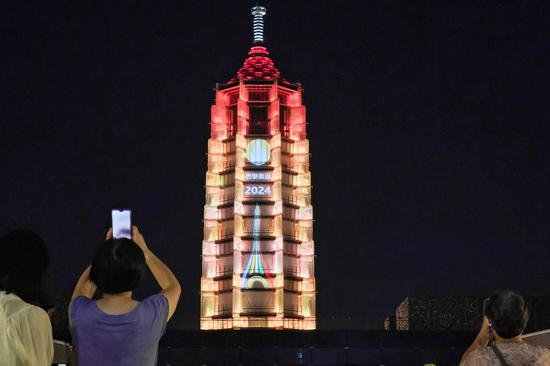
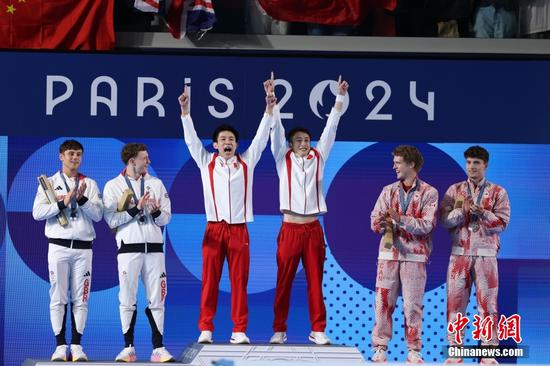
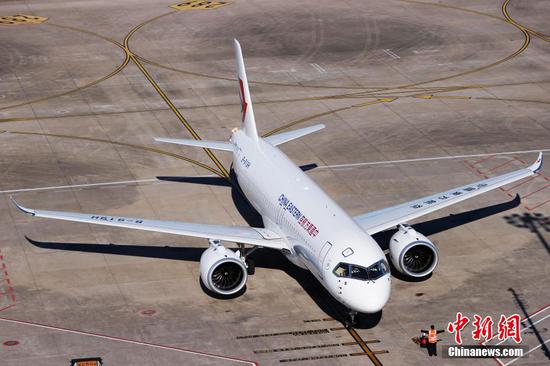
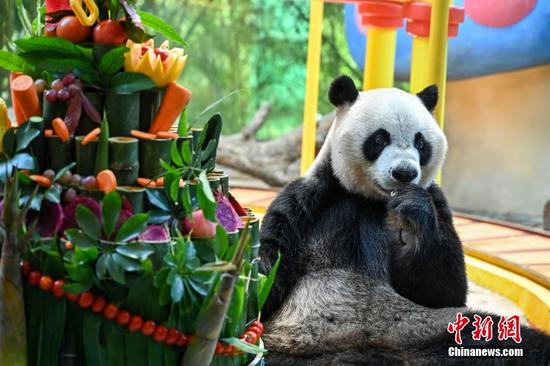
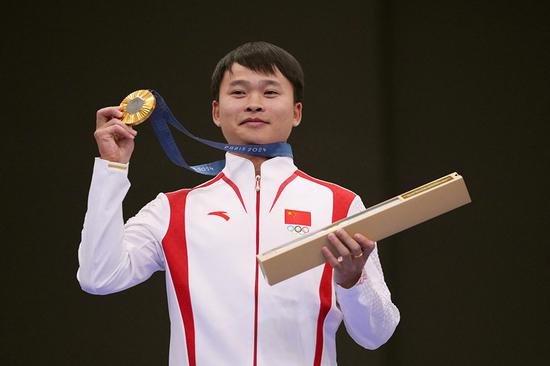
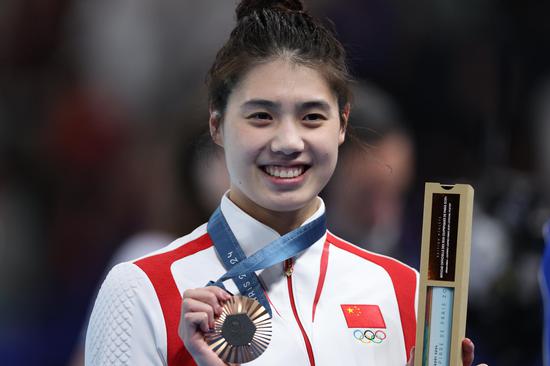
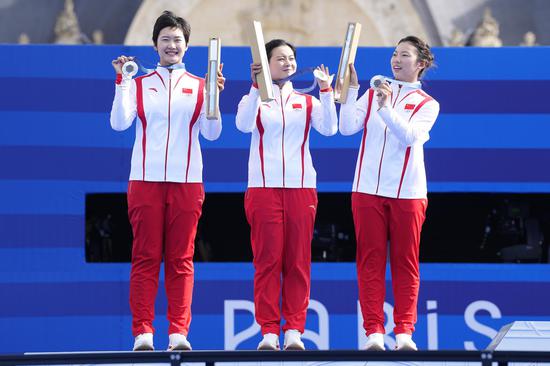
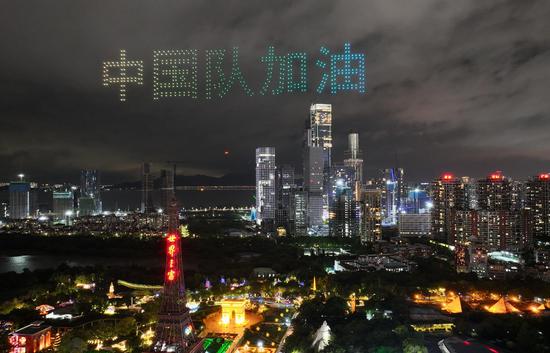

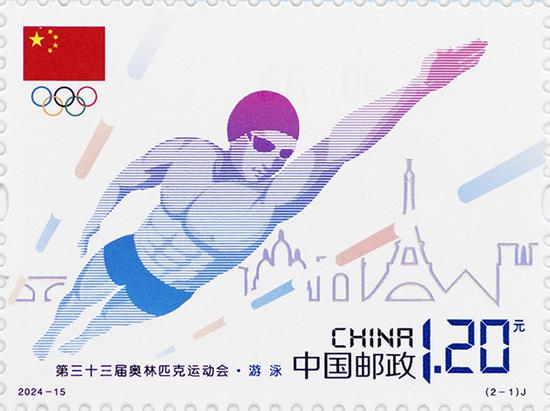

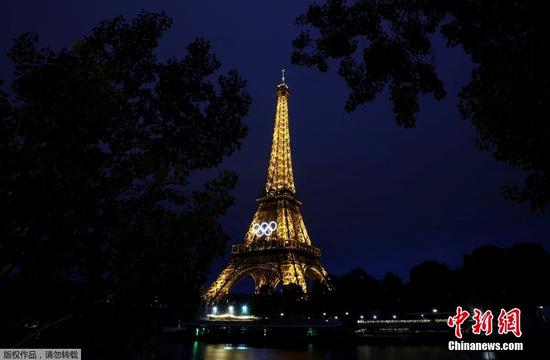
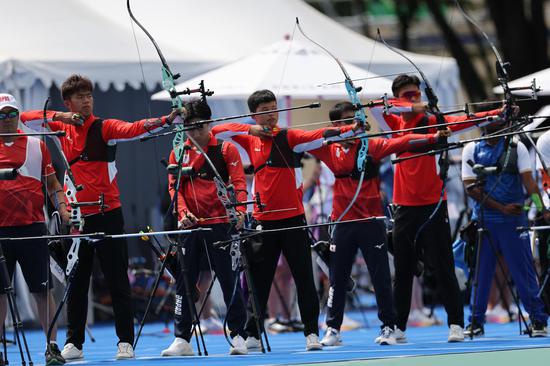
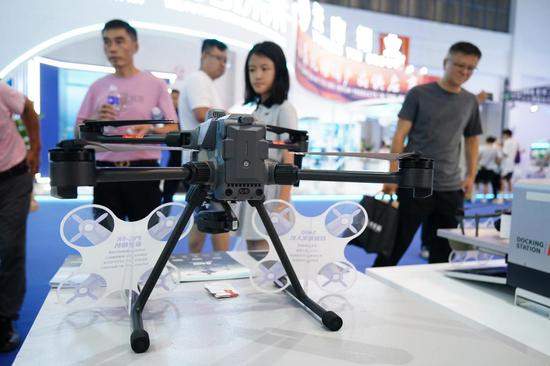
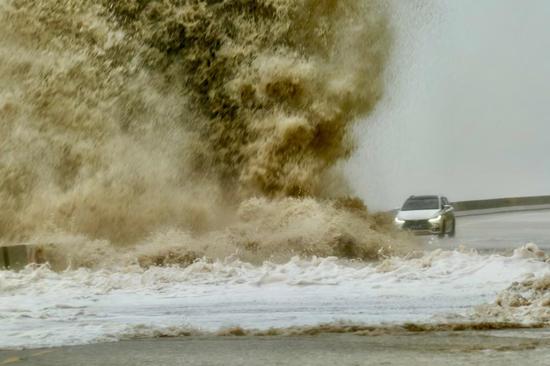
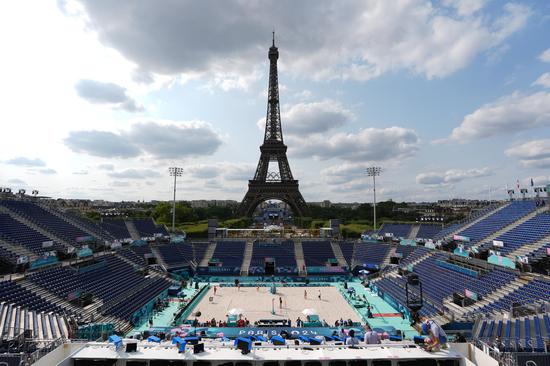
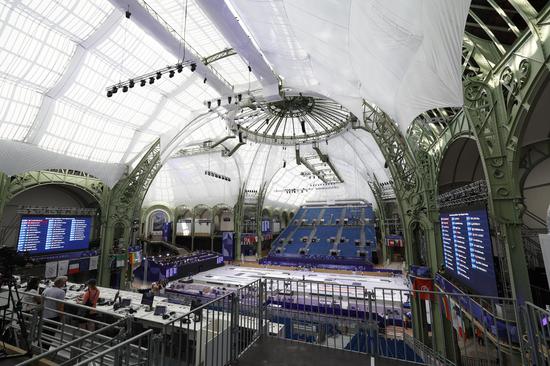
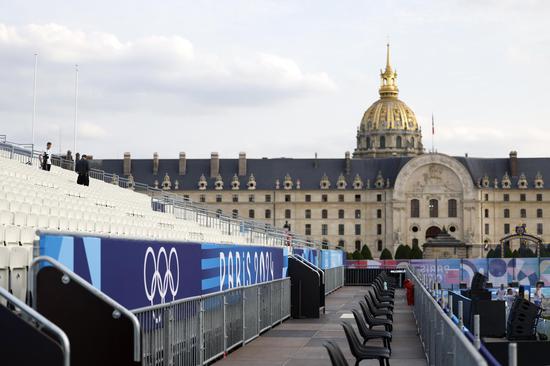
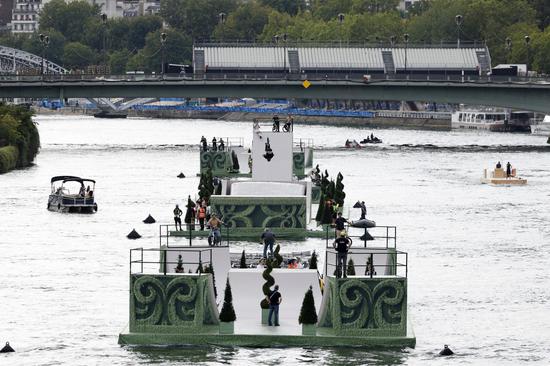
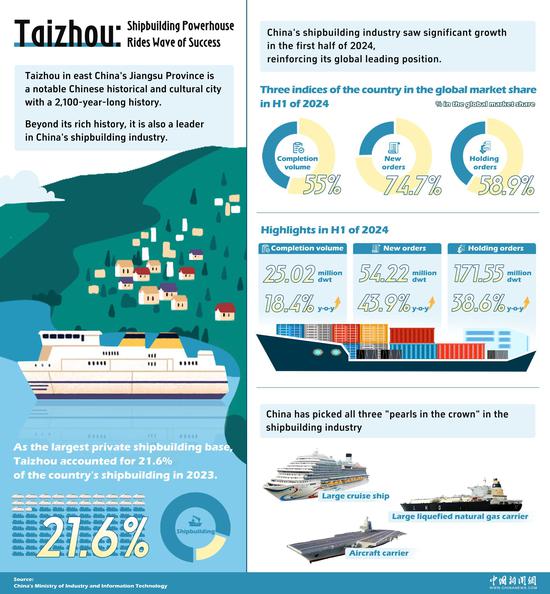
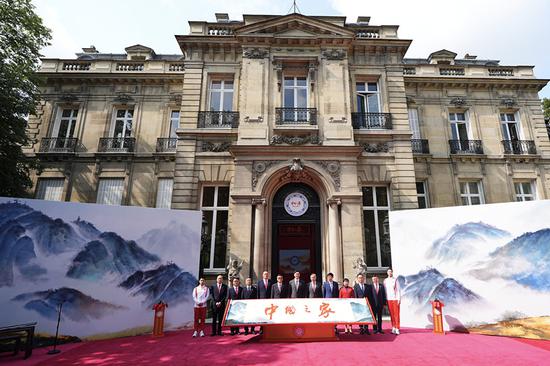
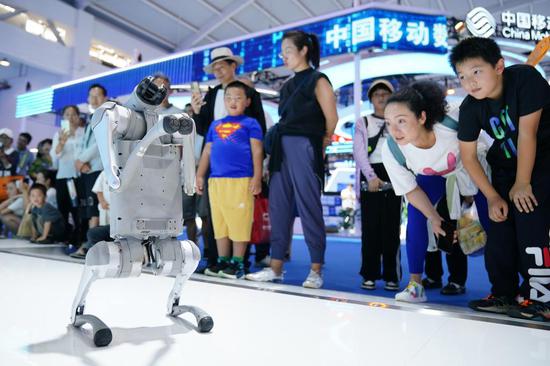
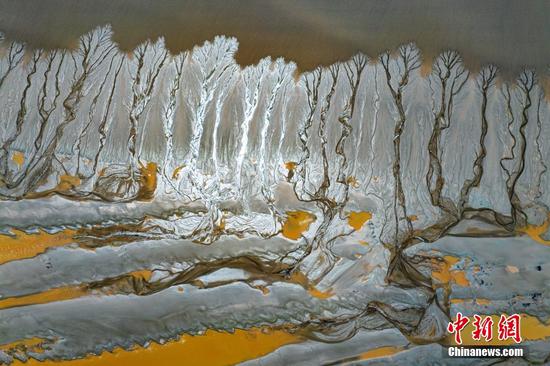
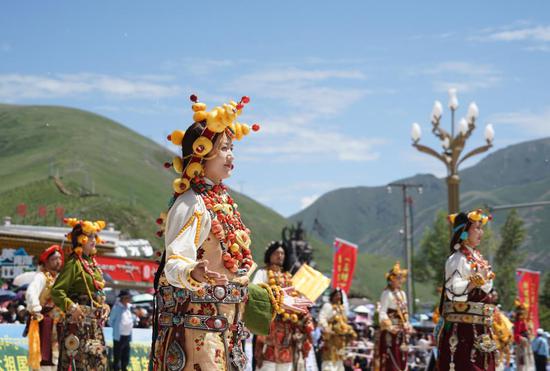
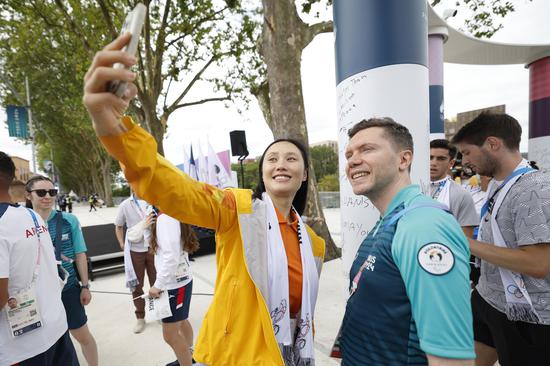
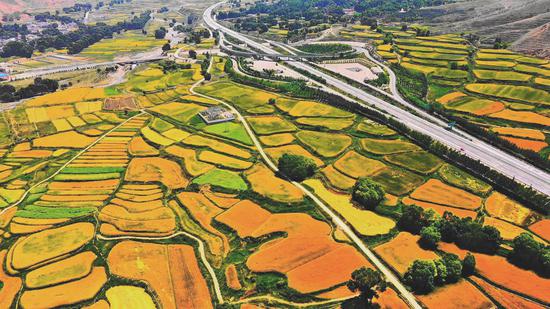
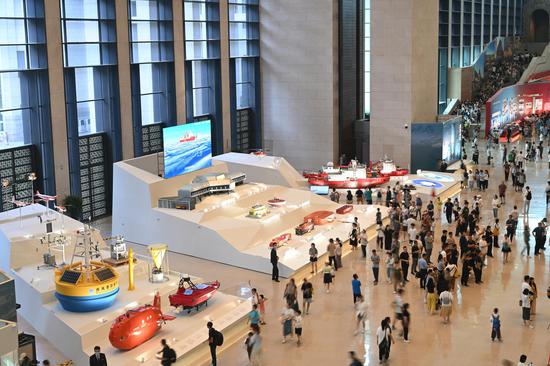
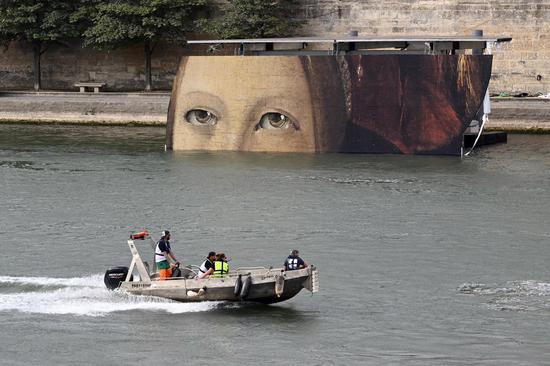
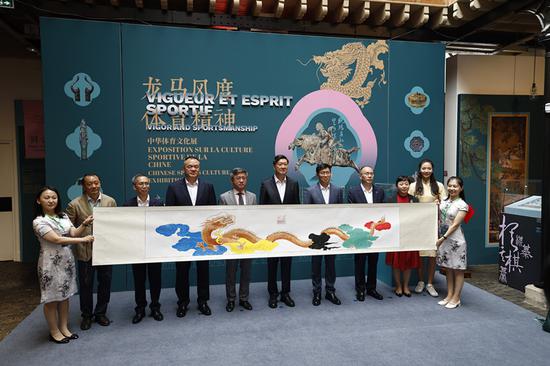
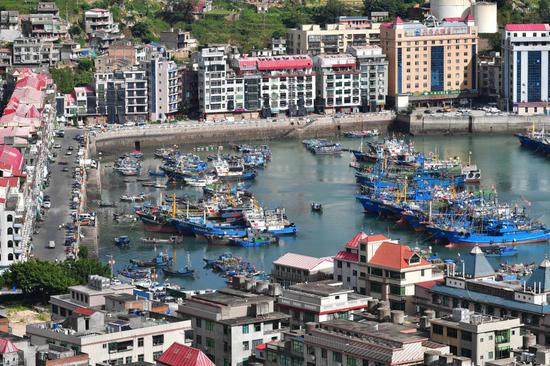
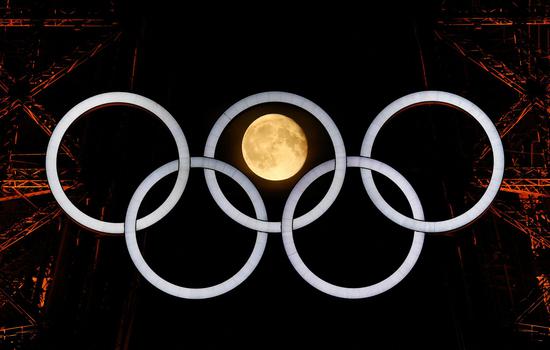
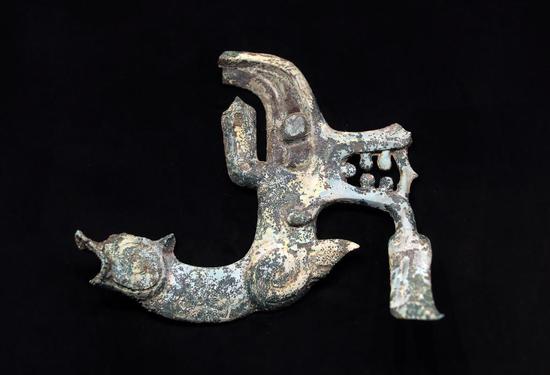
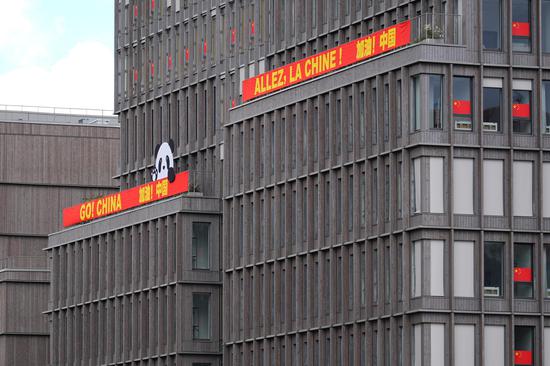
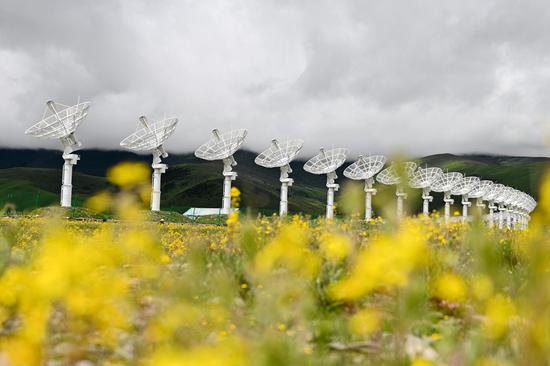
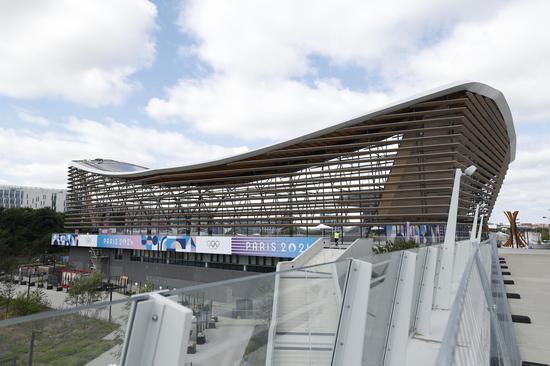

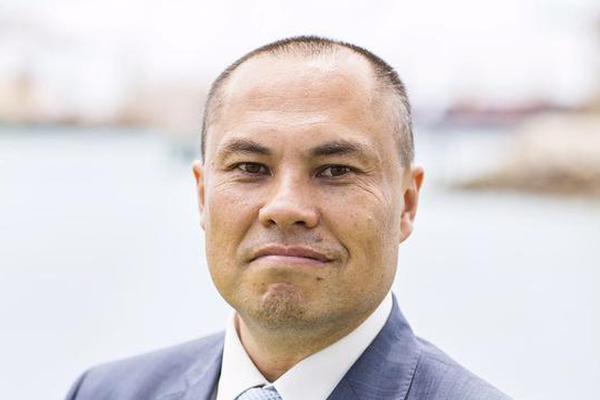

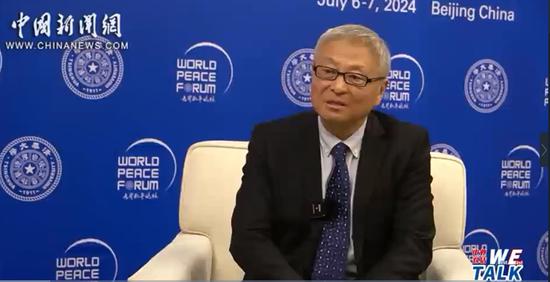

 京公网安备 11010202009201号
京公网安备 11010202009201号